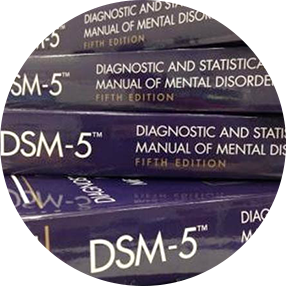Avoidant personality disorder symptoms in first-degree relatives of schizophrenia patients predict performance on neurocognitive measures
The UCLA family study
Whether avoidant personality disorder symptoms are related to neurocognitive impairments that aggregate in relatives of schizophrenics is unknown. We report the relationship between avoidant personality disorder symptoms and neurocognitive performance in the first-degree relatives of probands with schizophrenia. 367 first-degree relatives of probands with schizophrenia and 245 relatives of community controls were interviewed for the presence of avoidant personality symptoms and symptoms of paranoid and schizotypal personality disorders and administered neurocognitive measures. Relationships between neurocognitive measures and avoidant symptoms were analyzed using linear mixed models. Avoidant dimensional scores predicted performance on the span of apprehension (SPAN), 3-7 Continuous Performance Test (3-7 CPT), and Trail Making Test (TMT-B) in schizophrenia relatives. These relationships remained significant on the SPAN even after adjustment for paranoid or schizotypal dimensional scores and on the TMT-B after adjustment for paranoid dimensional scores. Moreover, in a second set of analyses comparing schizophrenia relatives to controls there were significant or trending differences in the degree of the relationship between avoidant symptoms and each of these neurocognitive measures even after adjustments for paranoid and schizotypal dimensional scores. The substantial correlation between avoidant and schizotypal symptoms suggests that these personality disorders are not independent. Avoidant and in some cases schizotypal dimensional scores are significant predictors of variability in these neurocognitive measures. In all analyses, higher levels of avoidant symptoms were associated with worse performance on the neurocognitive measures in relatives of schizophrenia probands. These results support the hypothesis that avoidant personality disorder may be a schizophrenia spectrum phenotype.

